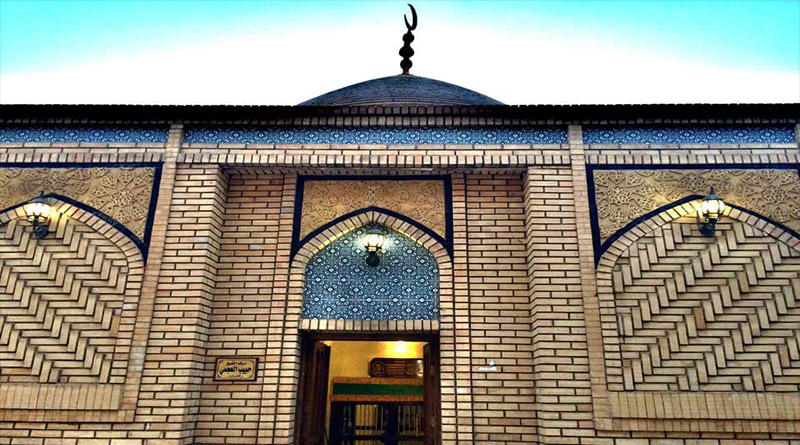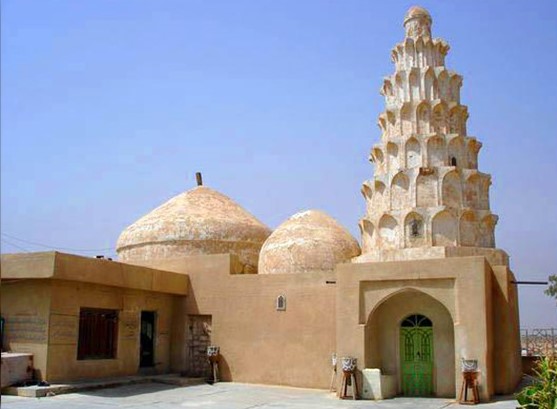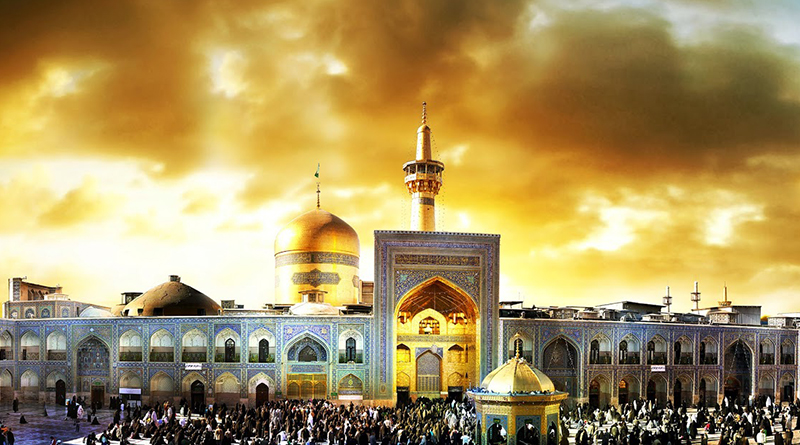He was a practitioner of spiritual solitude, intimately engaged in watchfulness and seclusion, a guide on the path, one who drank from the nectar of realization, and wholly dependent on God through absolute poverty.
Name:
Habib ibn Isa ibn Muhammad
Title:
al-Ajami
Kunya:
Abu Muhammad
Origin:
Persia
Residence:
Basra
His Life, Reports, and Miracles
Habib al-Ajami was a devout ascetic whose prayers were readily answered. Originally a merchant, one day, as he passed by some boys, they mockingly called him “the usurer.” Lowering his head, he prayed, “O Lord, have I revealed my secret to the children?”
Seeking spiritual guidance, he approached the perfected gnostic, Sheikh Hasan al-Basri, may God sanctify his secret, asking for guidance on the path of repentance and turning to God. Hasan al-Basri encouraged him and led him toward sincere repentance. Habib solemnly took the covenant of repentance from him.
On one occasion, after Habib visited Hasan’s house, a debtor fled at his sight. Hasan called out, “Brother, do not flee! I am more deserving of fleeing from you.” When Habib passed by the same boys again, they shouted, “Keep your distance so that not even our dust touches you, lest you become one who mistreats them.” Witnessing this transformation, Habib prayed earnestly to the One who accepts repentance:
“O my Lord, You have guided me by Your grace. Make me remembered among Your creation for goodness and guidance according to the Sunnah.”
He then publicly announced: “Whoever owes Habib a dirham, come and collect it.” They gathered, and he spent all his money, giving his wife her dowry and clothing. Then he withdrew to seclusion near the water’s edge. Meanwhile, he regularly attended Sheikh Hasan al-Basri’s gatherings, studying sciences and jurisprudence.
Miracles Attributed to Him
During a famine in Basra, Habib bought food to distribute among the poor. He sewed a sack, placed it under his head, and prayed. Shortly thereafter, the food suppliers came for payment. Upon opening the sack, it was filled with dirhams equal to the amount owed. He paid them accordingly.
When his wife asked him for sustenance, he replied: “I am currently serving at the door of the Generous One and am shy to ask for wages; He promised me reward after ten days.” After ten days, a radiant young man arrived with three hundred dirhams, a sack of flour, and another of ghee and honey, giving them to Habib’s wife. The young man said:
This is from the employer Habib in return for his work. May Habib’s work increase so that his reward increases.
He asked her to greet Habib with this message and then departed. Upon Habib’s return, moved to tears, he said:
This ten days’ work is rewarded by the Generous One. How then is the work of the servant during his lifetime?
From then on, his prayers were answered without fail.
An old, broken woman came to him weeping, saying:
I had a son, the apple of my eye, who went on a journey. I did not know if he lived or died, and I was full of grief and longing. Please pray to God for me.
The Sheikh asked:
O distressed one, what money or possessions do you have?
She gave him two dirhams, which he told her to spend on the poor. After doing so, he said:
Go home; God willing, you will attain what you seek.
She returned to find her son at home. When asked about his arrival, he said:
I was in Kerman buying meat for my master when a strong wind blew, and I heard a voice saying, ‘O wind, deliver this to his country and mother.’ Suddenly, I found myself here.
His Spiritual Path
He followed the exalted path (al-tariqah al-‘ulya), having received it from Sheikh Hasan al-Basri.
Death
He passed away in the year 119 AH (circa 737 CE).
Sources
- Yusuf al-Nabhani, Jam‘ Karamat al-Awliya’, p. 387
- Ibn al-Mulqin, Tabaqat al-Awliya’, p. 182
- Murtada ibn Muhammad al-Nadhmi al-Baghdadi, Tadhkirat al-Awliya’, pp. 156–158



